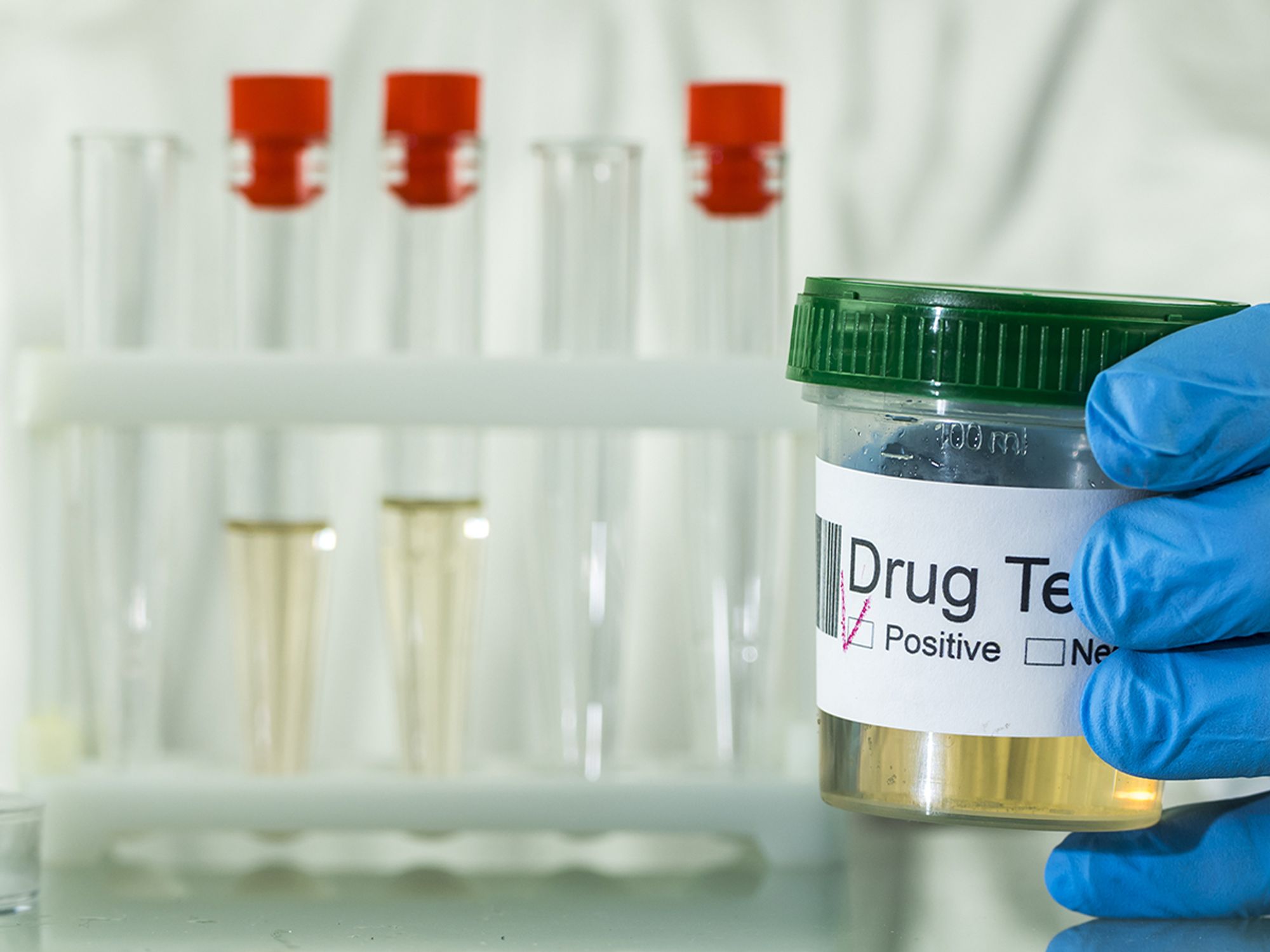Return-to-duty drug testing

- Employers may include unannounced drug tests in an employee’s return-to-work agreement.
- The employer should be aware of federal and state laws relating to discrimination and drug testing.
When an employee goes back to work after successfully completing a drug or alcohol rehabilitation program, return-to-duty testing may be conducted to ensure that the employee is refraining from substance abuse.
Employees who are in non-regulated positions are not required by law to follow specific drug testing regulations when they return to work after completing a rehabilitation program. An employer may determine that return-to-work testing is warranted, however, or testing may be part of the employee’s recovery program.
Limitations on return-to-duty testing
When conducting return-to-work or return-to-duty drug tests, employers must be aware of state drug testing laws and federal anti-discrimination laws.
State laws: State laws may place restrictions on random testing. As return-to-duty tests are usually unannounced, they may fall into this category.
When conducting return-to-duty tests, employers should make sure they are justified by the situation and allowed under state law.
Federal anti-discrimination laws: When return-to-duty testing is conducted, testing requirements should be the same for all employees returning to the same job duties. One employee should not be tested 12 times in a year, while another employee with similar job duties is tested twice, for example. This helps avoid a discrimination claim.
If there is a reason for testing a certain employee at a different rate, that information should be documented.
Alcohol testing restrictions: The Americans with Disabilities Act (ADA) considers a test for alcohol to be a medical exam and places restrictions on when a medical can be conducted. An employer considering random return-to-duty testing for alcohol needs to consider the safety risks associated with an employee’s job duties.
Drug testing, including return-to-duty testing, is allowed under the ADA, as long as it is done in a non-discriminatory manner.
Employers must not discriminate against employees in recovery, and there are benefits to supporting workers who have gone through treatment for addiction. When employers work to bring back employees who have gone through recovery, valuable workers are retained and the cost of hiring and training new employees is avoided.
The recovering employee is often grateful for the second chance and shows this through loyalty to the company.
